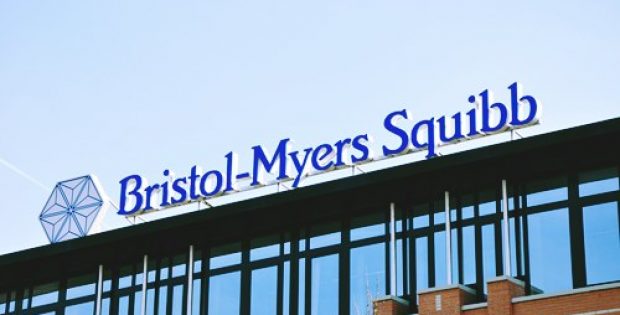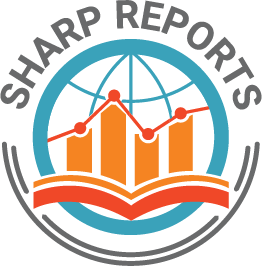Bristol-Myers Squibb and non-profit biotech firm LabCentral have reportedly announced Strand Therapeutics and ReviveMed as the winners of Bristol-Myers Squibb’ 2018 Golden Tickets for LabCentral.
Bristol-Myers Squibb, as a platinum sponsor of LabCentral, is liable to choose up to two innovative biotech and life-sciences startup companies every year of active sponsorship for ‘Golden Tickets’. The initiative sponsors one lab bench’s cost for a year in the Kendall Square facility of LabCentral.

Bristol-Myers Squibb’s head of Discovery Chemistry and Molecular Technologies, Percy Carter, MBA, Ph.D., mentioned that Strand Therapeutics and ReviveMed are working on delivering innovative technologies which have the potential of impacting patients with major diseases. The company sponsored Golden Ticket would assist them in advancing their research.
Dr. Carter said that LabCentral’s sponsorship shows the commitment of the company towards life-science innovation in the Cambridge ecosystem. Since the company is preparing for opening its own research site in Cambridge, there would be opportunity for further interactions among Bristol-Myers Squibb researchers and LabCentral resident companies.
Johannes Fruehauf, M.D., Ph.D., Cofounder and President of LabCentral, was quoted saying that it was impressive watching Leila Pirhaji and her ReviveMed team progressing in their scientific and business milestones since they arrived at LabCentral. They have completely immersed themselves in tangible as well as intangible resources offered by LabCentral’s shared ecosystem.
Fruehauf further said that Bristol-Myers Squibb is providing extra runway for ReviveMed and freeing up resources to apply elsewhere, through the Golden Ticket. Strand Therapeutics team is working on therapeutics and LabCentral is looking forward to welcoming them to its community.
Purportedly, ReviveMed is developing a drug discovery platform based on Artificial Intelligence (AI) by leveraging metabolomics. The mRNA programming technology from Strand Therapeutics aims to utilize mRNA-encoded logic circuits to make mRNA therapies highly efficient and safe through programming the intensity, timing and location of therapeutic protein expression in the body of a patient.


